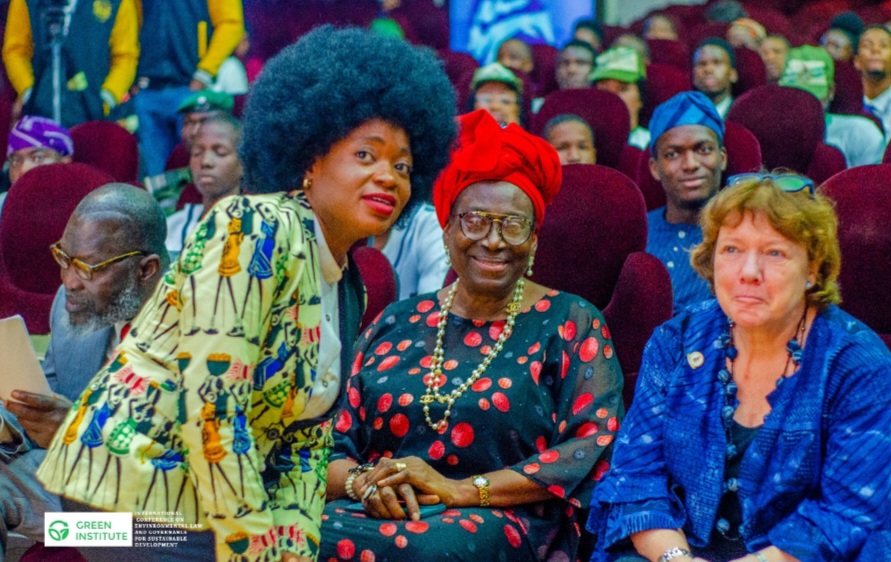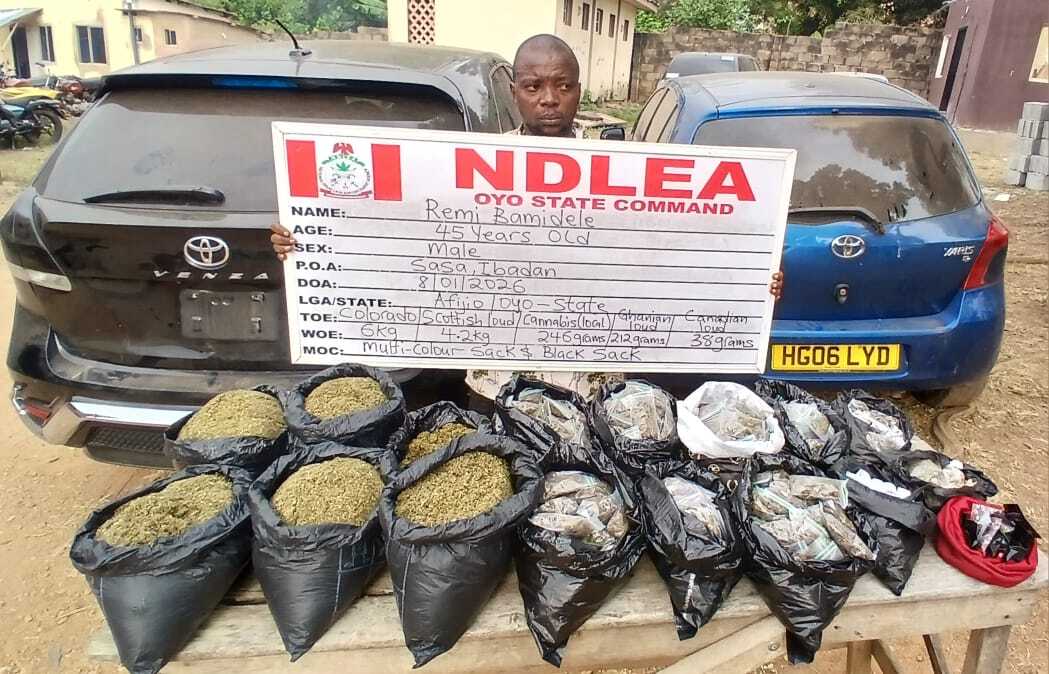
Introduction:
Dr. Adenike Akinsemolu, a renowned environmentalist, has been at the forefront of advocating for Water, Sanitation, and Hygiene (WASH) in the Ilaje Coastal Community of Ondo, Ondo State, Nigeria. Her efforts align with the global observance of World Toilet Day, highlighting critical issues such as gender, climate change, and children’s health. Recently, Dr. Akinsemolu played a pivotal role in the just concluded 2023 International Law Conference on Environmental Law and Governance for Sustainable Development, emphasizing the need for WASH accessibility.
Dr. Akinsemolu, could you share how your work in the Ilaje Coastal Community is addressing WASH issues?
In Ilaje, we’re facing unique challenges due to its coastal nature. My team and I are working to implement sustainable WASH solutions, focusing on eco-friendly sanitation facilities and clean water accessibility. We’re integrating local knowledge with modern practices to create resilient systems against climate change impacts.
How do you see the role of gender in WASH initiatives, especially in rural communities?
Gender is a critical factor in WASH initiatives. Globally, women and girls are disproportionately affected by poor sanitation and water services. According to UNICEF, in many developing countries, women and girls spend an estimated 200 million hours daily collecting water. This not only poses a significant time burden but also exposes them to greater health risks and reduces opportunities for education and economic participation. In rural communities like Ilaje, the impact is more pronounced. Women often have the primary responsibility for water collection, and inadequate sanitation facilities can lead to increased vulnerability to gender-based violence and health problems. Our initiatives are therefore tailored to empower women and girls, providing safe and dignified access to sanitation and involving them in the planning and implementation of WASH programs. This approach not only addresses the immediate needs but also fosters long-term community engagement and sustainability.
With regard to the recent International Law Conference, what key insights did you gain, particularly from keynote speaker Jane Bevan, country director of UNICEF WASH?
The conference was an enlightening platform. Jane Bevan’s insights on global WASH challenges and strategies were invaluable. Jane Bevan’s presentation shed light on critical global WASH challenges, particularly the underfunding of sanitation initiatives. She emphasized how the allocation of funds significantly impacts the success of WASH programs, using Jigawa State as a benchmark, where they became free from open defecation by allocating more than double the average budget for WASH to sanitation efforts. This case demonstrates the tangible benefits of prioritizing and adequately funding sanitation projects.
However, Dr. Bevan also raised concerns about the state of sanitation and hygiene in Nigerian schools and healthcare facilities, highlighting that only 11% of schools have adequate water and sanitation facilities. This statistic is alarming and underscores the urgent need to improve WASH infrastructures in educational and healthcare settings. These insights from the conference, especially those concerning funding and prioritization, are critical for shaping our strategies in Ilaje and other communities, ensuring we address these challenges effectively and create sustainable, healthy environments.
Considering climate change, how are your WASH projects contributing to environmental sustainability?
Our projects are deeply intertwined with climate-resilient strategies. We’re not only focused on providing basic facilities but also ensuring their durability and environmental sustainability in the face of climate change. For instance, we’re incorporating rainwater harvesting and wastewater recycling into our initiatives. This approach not only conserves resources but also reduces the environmental impact. A prime example is our latest project in the Aiyetoro community, where we’re building a school equipped with advanced toilet facilities. This development is crucial, as it transitions school children away from defecating in open water bodies, a practice that leads to waterborne diseases, environmental pollution, and compromises human dignity. By implementing such climate-adaptive and health-promoting solutions, we aim to create a sustainable and healthier future for these communities.
What message do you have for children and the younger generation regarding WASH and environmental conservation?
I encourage children to be curious and proactive about the environment. Understanding the importance of WASH from a young age fosters responsible future citizens. We integrate educational programs in schools to instil these values.
Dr. Akinsemolu urges everyone to become active participants in promoting WASH: “Each one of us has the power to make a difference. Let’s work together to build a world where every person has access to clean water and sanitation. Your involvement, be it through advocacy, education, or direct action, can bring about transformative change.”
Event Highlight:
The International Law Conference on Environmental Law and Governance for Sustainable Development, held at the Olusegun Obasanjo Presidential Library, Abeokuta, Nigeria, was a milestone event. It was a hybrid gathering, attracting a global audience including students, national youth corpers, stakeholders, industry experts, and academics. This event underscored the critical need for WASH accessibility and provided a platform for sharing strategies to accelerate change.






